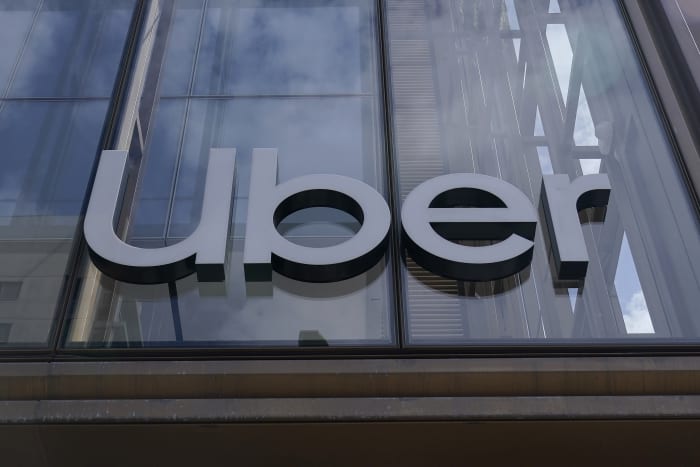SAN FRANCISCO – The former chief security officer for Uber was convicted Wednesday of trying to cover up a 2016 data breach in which hackers accessed tens of millions of customer records from the ride-hailing service.
A federal jury in San Francisco convicted Joseph Sullivan of obstructing justice and concealing knowledge that a federal felony had been committed, federal prosecutors said.
Sullivan remains free on bond pending sentencing and could face a total of eight years in prison on the two charges when he is sentenced, prosecutors said.
“Technology companies in the Northern District of California collect and store vast amounts of data from users,” U.S. Attorney Stephanie M. Hinds said in a statement. “We will not tolerate concealment of important information from the public by corporate executives more interested in protecting their reputation and that of their employers than in protecting users.”
It was believed to be the first criminal prosecution of a company executive over a data breach.
A lawyer for Sullivan, David Angeli, took issue with the verdict.
“Mr. Sullivan’s sole focus — in this incident and throughout his distinguished career — has been ensuring the safety of people’s personal data on the internet,” Angeli told the New York Times.
An email to Uber seeking comment on the conviction wasn’t immediately returned.
Sullivan was hired as Uber’s chief security officer in 2015. In November 2016, Sullivan was emailed by hackers, and employees quickly confirmed that they had stolen records on about 57 million users and also 600,000 driver’s license numbers, prosecutors said.
After learning of the breach, Sullivan began a scheme to hide it from the public and the Federal Trade Commission, which had been investigating a smaller 2014 hack, authorities said.
According to the U.S. attorney’s office, Sullivan told subordinates that “the story outside of the security group was to be that ‘this investigation does not exist,'” and arranged to pay the hackers $100,000 in bitcoin in exchange for them signing non-disclosure agreements promising not to reveal the hack. He also never mentioned the breach to Uber lawyers who were involved with the FTC’s inquiry,…



